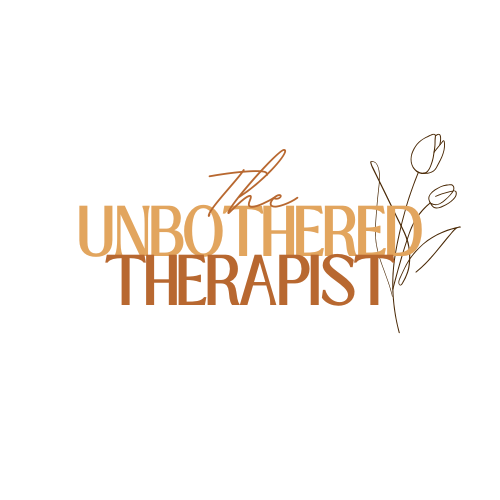“I Cut Off My Family—Now What?”
A compassionate guide to surviving the grief, guilt, and freedom of family estrangement.
You didn’t make this decision lightly.
Whether it happened suddenly or after years of trying, cutting ties with family is one of the most difficult, misunderstood choices a person can make.
You may feel peace and pain. Guilt and relief. Grief and freedom—all at once.
If you’re asking, “I cut off my family… now what?”—you’re not broken. You’re navigating something complicated, courageous, and deeply human.
Why Estrangement Is So Complex
Estrangement is often painted in extremes: either “toxic” family you should walk away from without question, or shameful abandonment that you’re expected to regret. The truth is rarely that simple.
Maybe you left to protect your peace—but still wonder if you could’ve done more. Maybe you're grieving the idea of family, not just the people. Maybe you’re proud of your boundary, but it still hurts.
Estrangement can be both a boundary and a loss. That’s why healing requires space for all the contradictions.
Common Emotional Waves After Estrangement
Grief
You’re not just grieving people—you may be grieving traditions, milestones, imagined futures, and the version of yourself who tried so hard to belong.
Guilt
Even when you know the decision was right, guilt can creep in. Especially if you were raised to “respect your elders,” “keep the peace,” or ignore harm to avoid shame.
Anger
You might feel rage toward those who hurt you—or at yourself for waiting so long. That’s valid. Anger is part of grief, too.
Relief
You may notice you breathe deeper now. You don’t dread phone calls. You have space to be. Relief doesn’t cancel out grief—it can exist alongside it.
“Now What?”: How to Move Forward After Estrangement
You deserve to process this experience with care. Here's what can help:
1. Name the Loss
Just because it was your choice doesn’t mean it wasn’t a loss. Give yourself permission to mourn—even if others don’t understand.
2. Redefine Family
Family doesn’t have to be blood. Explore chosen family, supportive communities, and relationships where love feels mutual—not conditional.
3. Ground Yourself in Your Why
Write it down. Speak it aloud. Return to the reasons this decision was necessary. It can anchor you when guilt or doubt try to take over.
4. Create Rituals of Care
Grief lives in the body. Whether it’s journaling, nervous system-focused movement, or a weekly check-in with your needs—make space to tend to yourself.
5. Seek Support That Gets It
Not every therapist or friend will understand estrangement. Look for trauma-informed care that honors your truth, your complexity, and your boundaries.
You Are Not Alone—Even If It Feels That Way
Family estrangement can be one of the loneliest experiences. But here’s what I want you to know:
You’re allowed to protect your peace.
You’re allowed to grieve what never was.
You’re allowed to rebuild your life on your terms.
You don’t have to have all the answers. You just have to keep choosing yourself.
Support for the Road Ahead
If you're navigating the grief, relief, and everything in between after cutting ties with family, therapy can help you feel grounded, clear, and connected again.
You don’t have to move on—but you can move forward.
Explore Therapy for Estrangement or Book a Free Consult


